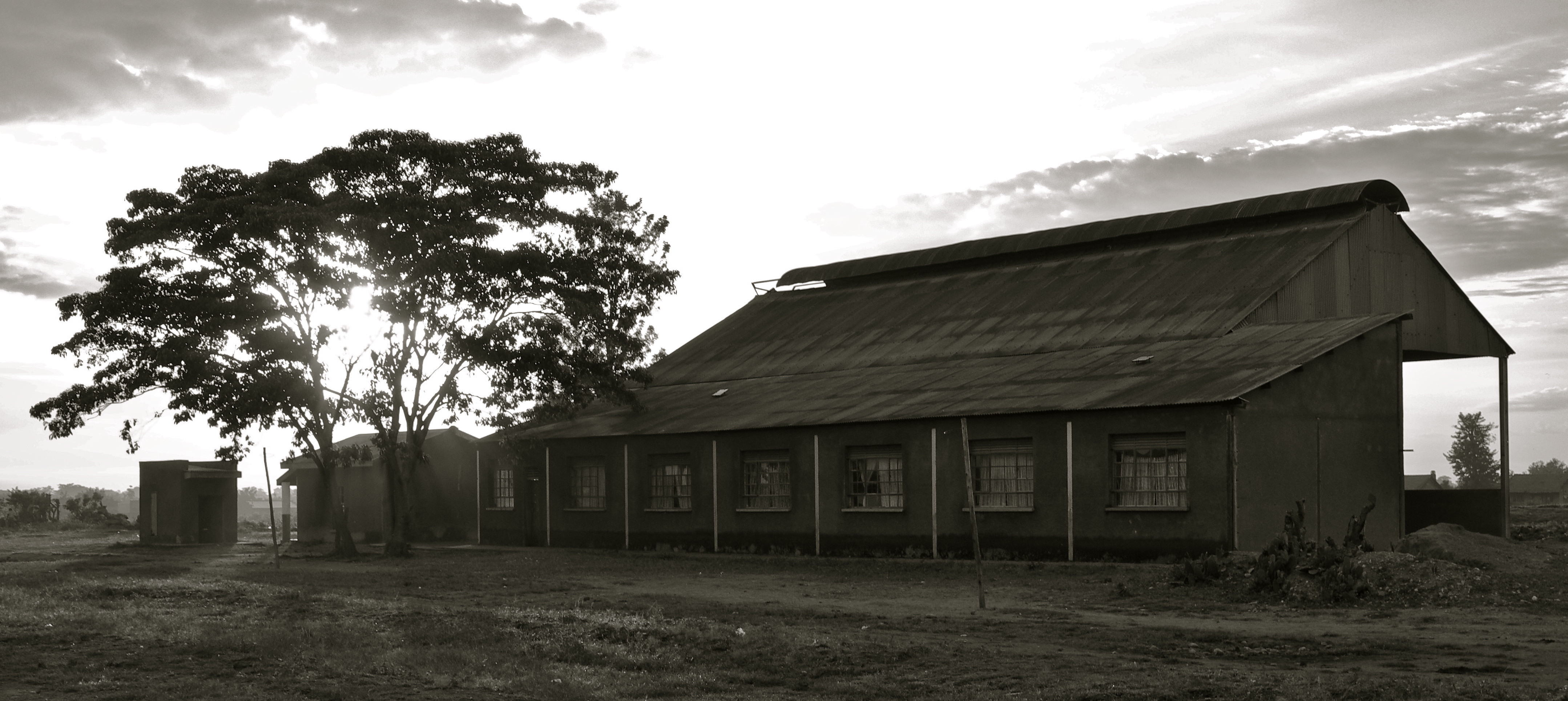Before I left for my yearlong Humanist service trip with Pathfinders Project, I gave the impression that I was most looking forward to traveling—visiting other countries, seeing cultural sites, and witnessing other ways of life. A year ago, at the Pathfinders launch party during the Q&A, an audience member asked us what we were most excited about. My answer was going to Angkor Wat.
It pains me that this was my answer, because it’s not true. It was a cute, snappy answer to a question that was, I felt at the time, too big to answer. I didn’t realize the implications of my words as I said them, but I see now that they reek of “voluntourism.”
It is true that it has been a dream of mine to see Angkor Wat since I heard of it’s existence from my traveling companions in India while visiting ancient cultural sites there. I was drawn to Angkor Wat because of its rich religious history. But it stuck my imagination because the jungle is retaking the area, growing around and over and even through the ruins. As it turned out, Pathfinders provided me an opportunity to visit the temples within a few weeks abroad, since our first project was at the Bridge of Life School in Cambodia. I was excited to bring a dream to fruition.
Beyond the cultural and historical sites that I anticipated visiting, I had an unstated reason that likely colored my conversation about Pathfinders in ways I wasn’t even aware of. Anyone who knows me well knows that I covet my passport for the stamps within it. And my mom and I have a friendly competition over who has visited the most countries.
I am fortunate to be affluent enough to even have such a competition with my mom. I have access to books, documentaries, and the Internet, which allow me to be familiar with distant cultures and their significant sites. I have leisure time to contemplate a voyage to the Antarctic tundra for no better reason than to see a few penguins. The very opportunity to participate in an undertaking such as Pathfinders is a privilege, and one I didn’t, and don’t, take lightly.
Pre-Pathfinders, I was aware of the concept of volunteering as an excuse to travel, even though I hadn’t heard the label “voluntourism” applied to it. The idea disgusted me. It felt exploitative. It felt hypocritical. It felt superficial. I’m embarrassed that I unwittingly associated Pathfinders with that kind of service, even if briefly.
Using the most basic definition, Pathfinders is voluntourism. We traveled to do service. But voluntourism also connotes insincerity. The reason voluntourism is a bad word is that the picture it paints is of westerners paying an organization a fee, one that, granted, helps the organization serve its community, in exchange for an “authentic” volunteering experience. The kind of projects one does on a voluntourism trip can seem invented for the purpose of giving the volunteers something to do rather than projects that grow organically out of the challenges faced by the community. It is the kind of volunteering that gets in the way as much as it helps.
Pathfinders specifically sought out organizations that were, if not founded, then run by locals. We took on projects that were community directed. Who else knows what a community needs? We offered what resources we could, but approached each community by asking, “How do you want us to help?” I can’t say we were 100% successful at avoiding the pitfalls of voluntourism, but we did all we could to avoid them.
I was excited about the sites that we would see, but more excited about the circumstances that Pathfinders would create—a neutral place where interfaith encounters could happen organically.
We didn’t announce our humanism when we started a new project, though it would come up on it’s own almost without fail. It was never right away, always happening after we’d already worked, laughed, and ate with the members of the organization and the community we served. We met as people first, and we talked about our beliefs later. It’s easier to talk to a flesh and blood person about our differing beliefs than it is to talk to a representative atheist or Christian or Jew.
Through Pathfinders, we were able to create natural conversations with people we met about the experiences we shared. Some of these people had never met an “out” atheist before, and I hope some preconceived notions about the goodness or evil of atheists were adjusted. The service itself had nothing to do with our individual beliefs, but through it we formed connections across religious differences. The director of the organization we worked with in Ghana, for example, was a devout Christian. In the office, during our down time, we talked. We talked about women’s rights and US relations with African nations and, yes, God. We didn’t agree on everything, but we departed friends each with a better understand of how and why the other lives.
In this way, traveling was only a means to important ends—people communicating with people and sharing beliefs, strangers breaking bread together and becoming friends, and human beings from diverse backgrounds exchanging ideas about cultures, beliefs, and lifestyles. That is what Pathfinders is all about.
This piece was originally published with NonProphet Status. You can read it here.
